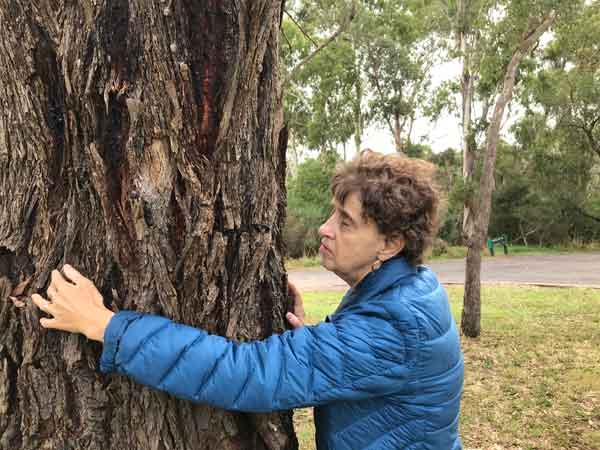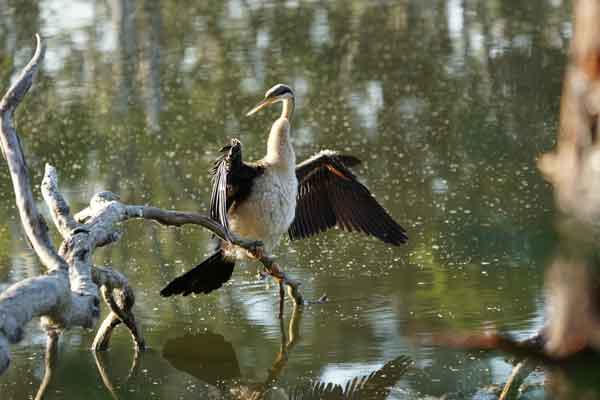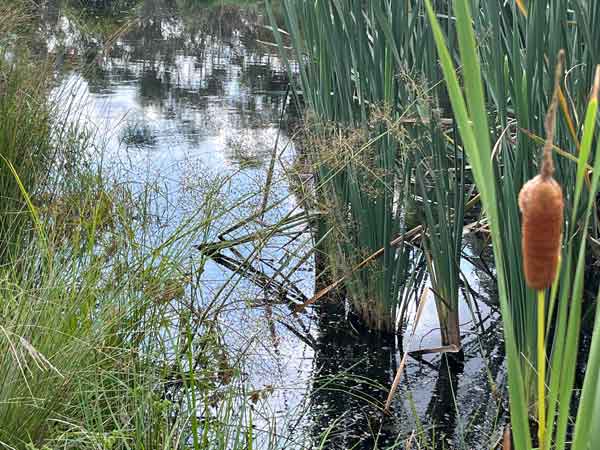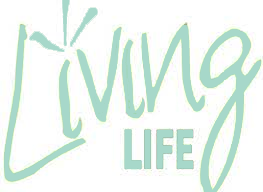Forest Therapy
As a child growing up I camped with my Dad, walked in nature with him as he undertook bird counts (a keen ornithologist) and I sat quietly for long periods simply taking in all that was around me. I didn’t know this was ‘good for me’ or that science would prove it. I didn’t know until I undertook my training in Forest therapy this was a ‘practise.’
I just knew it was my happy place. Later in life as a Mum of my own family and fostering traumatised teens, I learned that taking these deeply troubled kids, along with my own crew, outside into nature just seemed to help.
I went on to study; initially counselling, then trauma informed practises, later Forest therapy. It all made sense. Being in nature, attuning our bodies, in natural spaces, breathing in the oils the trees release, is good for us, is healing and there is good science around why.
Biophilia is our inherent human instinct to be drawn toward nature and other living things. Since the industrial revolution we have overall withdrawn from the way we lived and spend significant time indoors and away from the natural environment. Here in Melbourne and within Victoria there are chronically high numbers of people with Vitamin D deficiency. The Pandemic has increased this by a further estimated 20%. Being in nature, being outdoors in safe ways, is good for our physical, mental and we believe spiritual well-being. We also know cortisol levels (the stress hormone) have increased in the last couple of years. We know that being in nature, and specific practices of Shinrin Yoku, bathing in the forest reduce cortisol.



So what is Forest therapy and what do we do?
In the early 1980s in Japan, there was significant mental health issues in the working population with poor mental health and suicide rates being of significant concern. In an effort to work with these issues, health retreats were developed to send the high-risk working population, away to rest. Japan being 60% forest, naturally enough the retreats were in the forest. It was noticed to be beneficial. Shinrin-Yoku (Forest Bathing), or Bathing in the Forest began.
Japanese scientists discovered that Forest Bathing had a beneficial impact on human anti-microbial systems, anti-fungal systems, anti-inflammatory systems, and anti-bacterial systems. Natural Killer cells (NK cells) that attack cancers increased in number and activity. Blood pressure was reduced. Stress levels were reduced. Sleep was improved. Vitality increased. Anxiety reduced; anger was better managed as was depression. These are significant findings.
Much research was undertaken and continues today to inform us that the slowing down, attuning our bodies, allowing regulation of the parasympathetic nervous system allows reduction of stressful symptoms and reduces the stress hormone cortisol. This is the basis of much of our work in trauma informed approaches. Allowing a body which is hyper-aroused by trauma and stress to regulate.
Shinrin Yoku being in nature and the specific practises of Forest Therpay are proven to allow regulation and stabilisation of the parasympathic nervous system. Research discovered that phytoncides released into the atmosphere by trees are responsible for these health benefits. In addition to the slowing of the body with the practises undertaken in the natural environment.
So what do we do? What is different from just going for my walk or sitting under a tree.
Going for a walk and sitting under a tree are both wonderful. I love to do these things and these are good for you.
What we do on a three-hour Forest therapy walk, is a series of practises that allow or invite the body to slow, to attune, to notice… We generally recommend a three hour walk as the science shows that three hours of Forest therapy a month has longer term benefits. Here in Australia we use the term Forest therapy so there is no confusion – there are no baths involved. We do slow, we use our five senses in the intentional practises over the period of time and our bodies begin to attune and regulate. This is good for us and feels good too.
One of our Australian rituals is to have a ‘Australianised Japanese tea ceremony’ to close. This allows an opportunity to taste some locally grown native plants and brew a tea from the indigenous leaves, breathing in the phytoncides and usually this is a time of “oohh that’s good… oh can I try that one please?”
We do take individual shorter walks and see these as beneficial, showing the techniques and allowing a time to attune and breathe in nature. If you are interested or would like to find our more, please make contact on the contact page or give us a call. We have group walks, individual and corporate days.


Our Services
Counselling services tailored to your needs

Personal & relationship counselling

Trauma counselling

Supervision

Violence & abuse recovery

Grief and loss

Forest therapy

Expressive therapies

Sexuality

Anxiety & depression
Contact Us
Living Life Counselling Centre
Centre Address
148-150 Yarra Street,
Warrandyte
Office Phone: 0402 475 333
Director: Zoe Broomhead
Phone: 0402 475 333
